Bangladesh and Australia are committed to collaborating on practical solutions for shared contemporary challenges, such as maritime security threats, climate change, cybercrimes, and human trafficking.
Both nations praised the increasing strategic depth and dimensions of their bilateral relations during a meeting between Bangladesh's Foreign Minister Dr. Hasan Mahmud and his Australian counterpart Penny Wong in Dhaka on Tuesday, as stated in a joint statement.
The ministers highlighted the importance of regional health security, demographic resilience, multi-modal connectivity, and strengthening clean energy supply chains. They agreed on promoting open communication and confidence-building measures to reduce regional conflict risks.
Recognizing over fifty years of diplomatic relations, they acknowledged the deepening friendship and the potential for high-level visits to enhance this relationship. They pledged to boost two-way trade and economic ties, with Australia maintaining tariff-free, quota-free market access for Bangladesh to support its transition from UN LDC status.
The Bangladeshi Minister assured support for Australian investors in sectors like agro-processing, ICT, and logistics. They discussed Australia's ongoing funding for multilateral development banks aiding Bangladesh’s structural reforms to spur development and economic growth.
The ministers emphasized enhanced connectivity for regional economic integration, discussing Australian technical support via the South Asia Regional Infrastructure Connectivity program and improving bilateral air and cable connectivity resilience.
They noted the commonalities between Bangladesh’s Indo-Pacific Outlook, the Indian Ocean Rim Association’s Indo-Pacific Outlook, and the ASEAN Outlook on the Indo-Pacific, reaffirming their shared vision for a peaceful, stable, and inclusive region.
They reiterated support for sovereignty, territorial integrity, democratic values, human rights, and the peaceful resolution of disputes in the Indo-Pacific. Both countries are dedicated to addressing shared challenges, including maritime security threats, climate change, cybercrimes, and human trafficking.
Expressing concern over the humanitarian situation in Gaza and the ongoing war in Ukraine, they called for immediate humanitarian ceasefire in Gaza and reaffirmed support for Ukraine's sovereignty and territorial integrity.
The ministers also discussed the conflict in Myanmar, urging increased efforts by ASEAN and regional actors to stabilize the situation. They acknowledged the importance of skills development for economic growth, with Australia pledging AUD 3 million for technical and vocational training for Bangladeshi youth.
The Bangladesh Minister expressed interest in research and innovation cooperation, while Australia reaffirmed its commitment to capacity building in Bangladesh, noting over 3,000 Bangladeshis have benefited from the Australia Awards Scholarships and Fellowship Program since 1982.
They emphasized gender equality and women’s empowerment across various fields, with Australia supporting investments to promote women’s economic empowerment and both countries committed to combating discrimination and violence against women and girls.
The ministers agreed on the need for enhanced climate change cooperation, including funding for adaptation and mitigation measures. They discussed enhancing agricultural production and research adaptation through the Australian Centre for International Agricultural Research.
Bangladesh welcomed the visit by Australia’s Ambassador for Climate Change and offered to share local adaptation solutions with Pacific Island countries through trilateral engagement with Australia.
Australia acknowledged Bangladesh’s generosity in hosting Rohingya refugees and its sustained humanitarian efforts. Both ministers stressed the importance of safe and dignified repatriation of the Rohingyas to Myanmar.
They confirmed their commitment to enhancing maritime and ocean capabilities, protecting the marine environment, promoting sovereignty, and upholding the rule of law. They agreed to combat people smuggling and transnational crimes through cooperation between their coast guards and support regional and international efforts to tackle transnational organized crimes in the Indo-Pacific.
As founding members of the Bali Process, Australia and Bangladesh expressed concern over the loss of life and exploitation of vulnerable people, such as the Rohingyas, by transnational criminal networks.



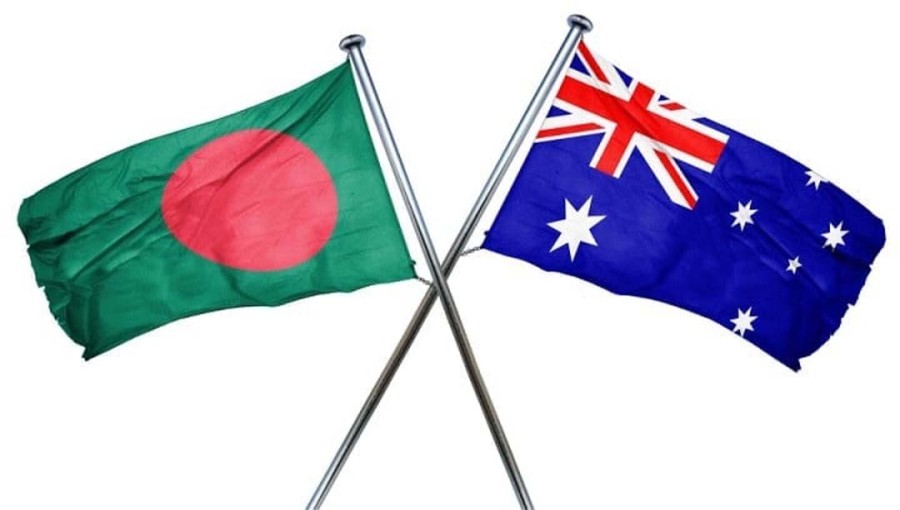
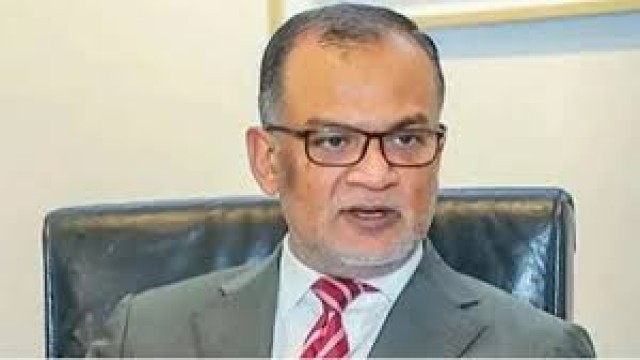
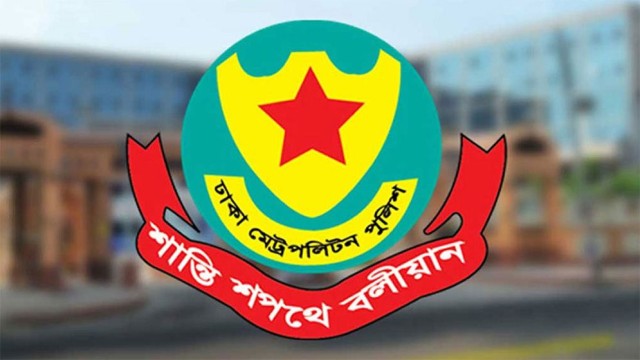
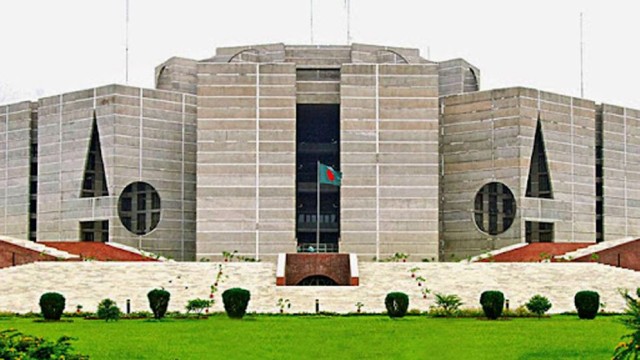
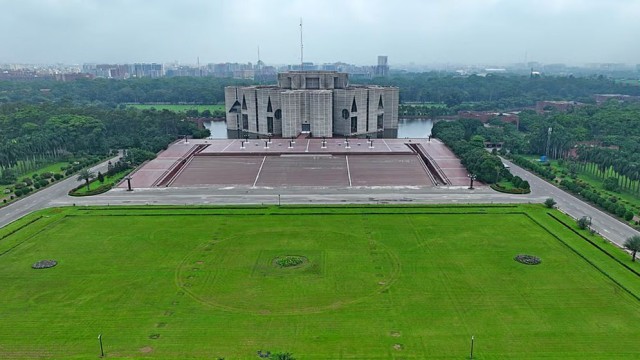

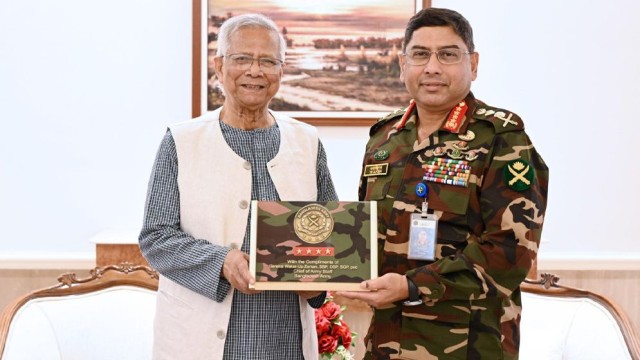
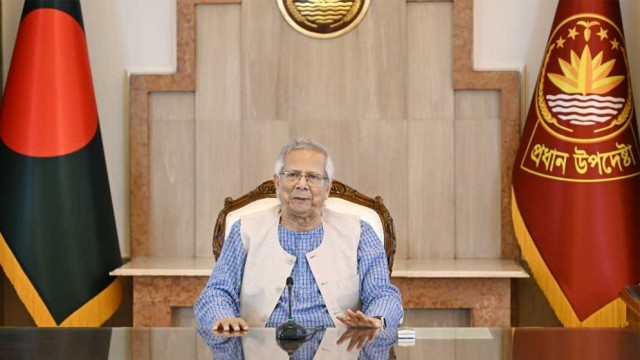
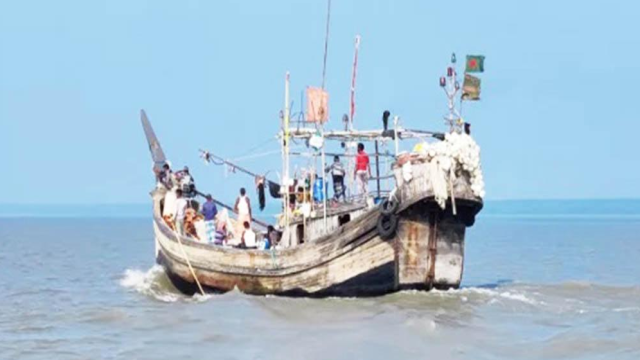
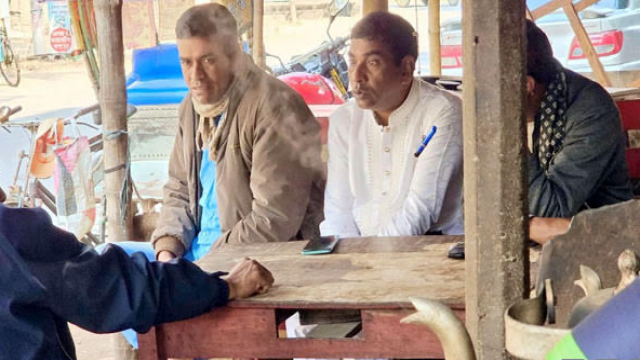


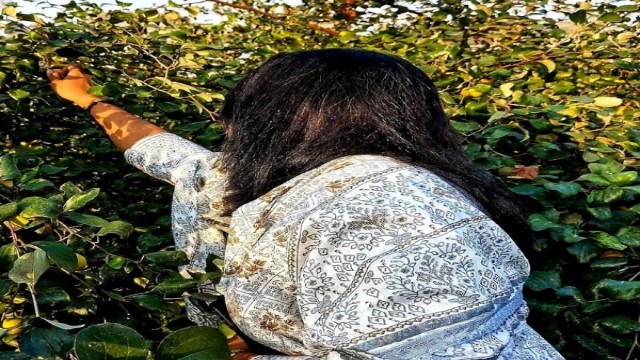
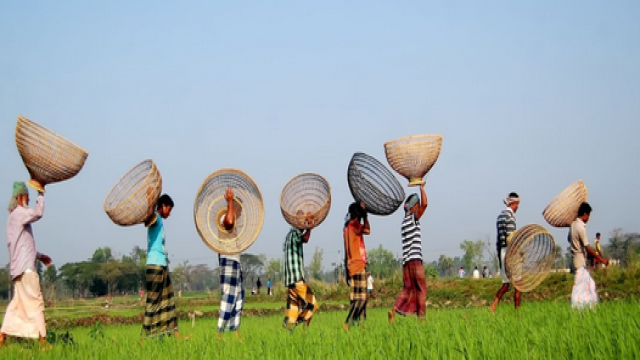

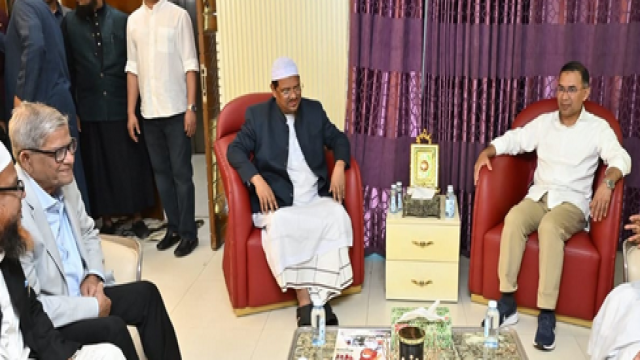











Comment: